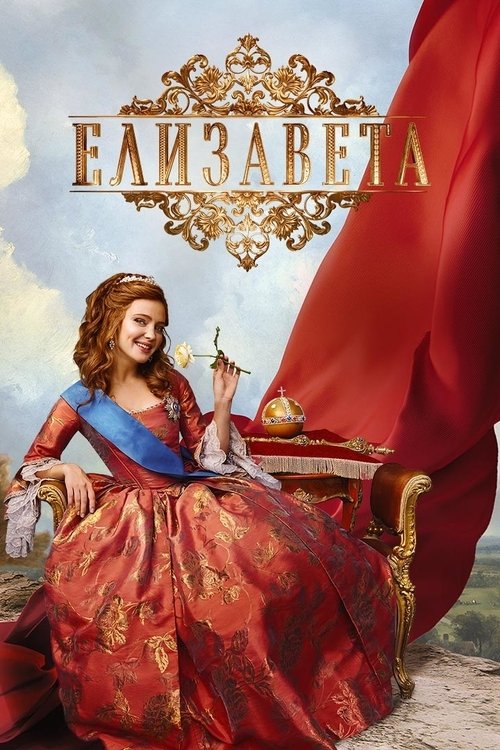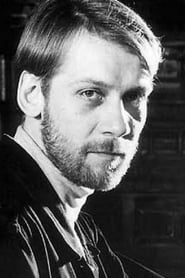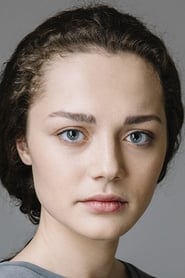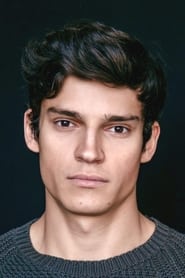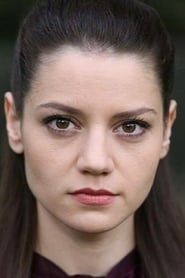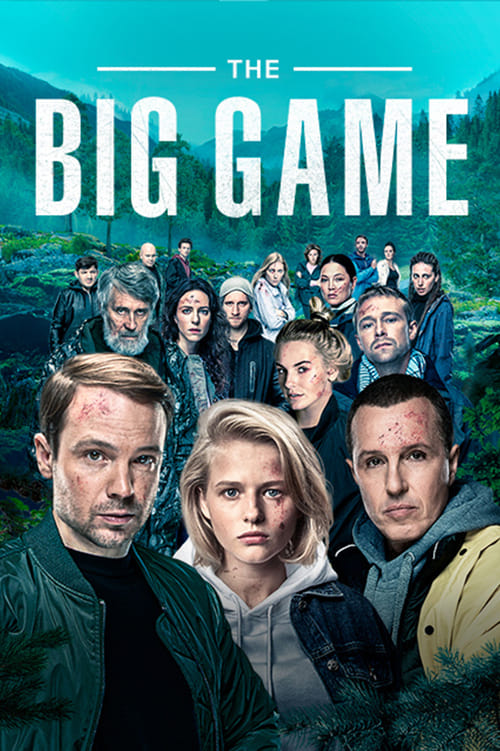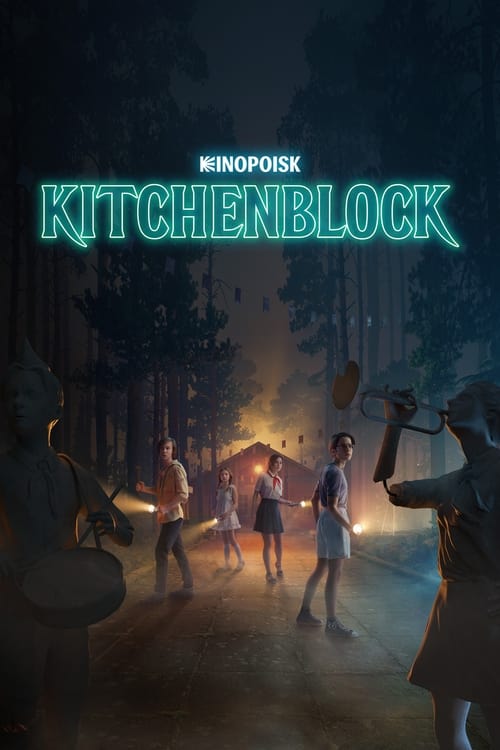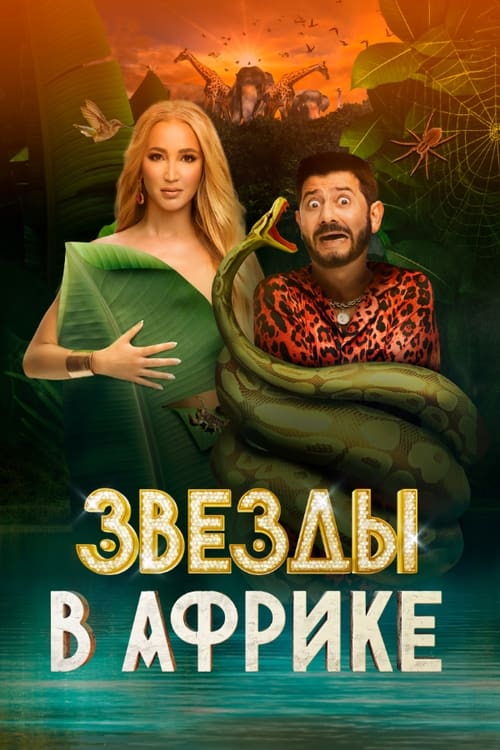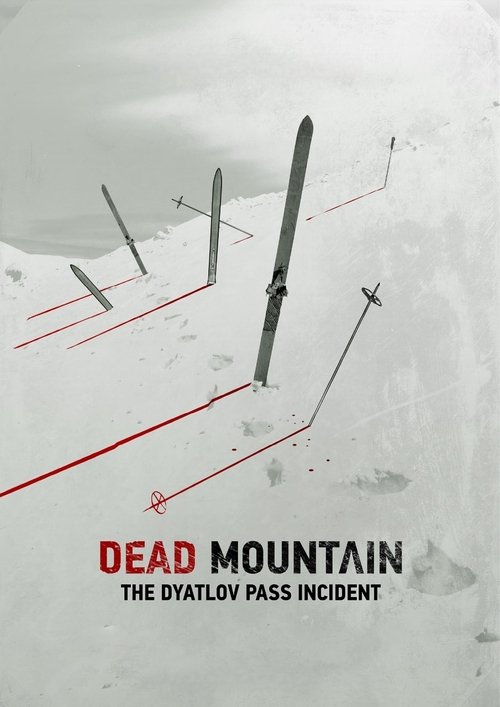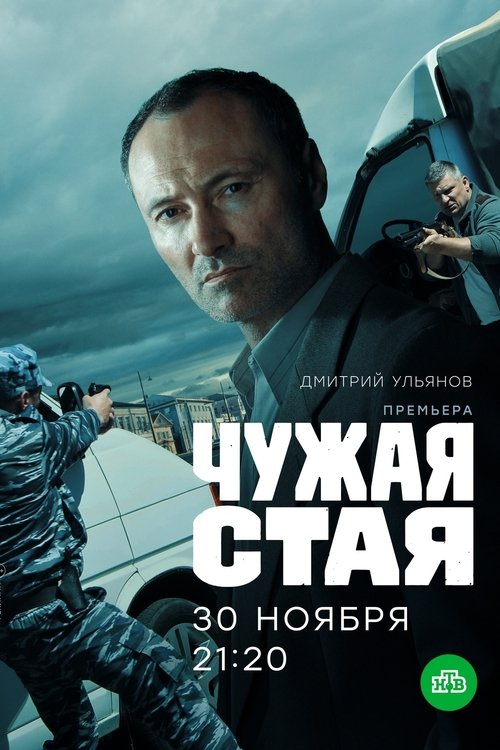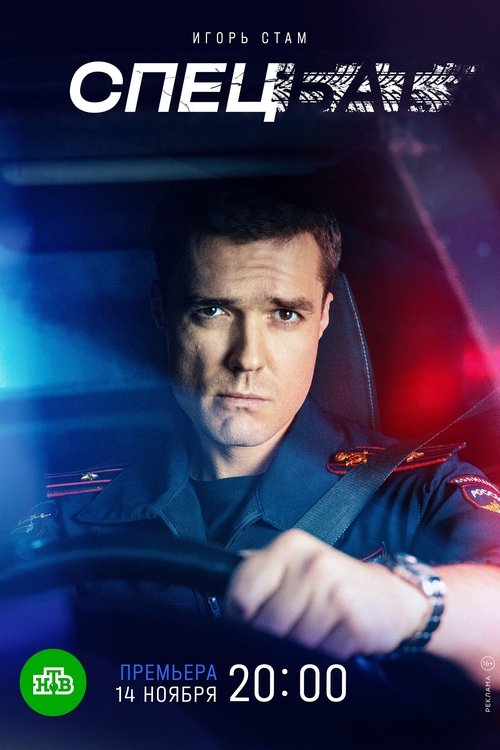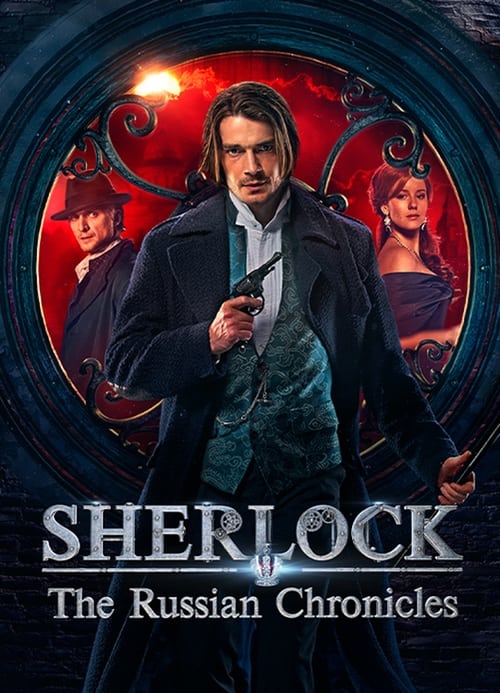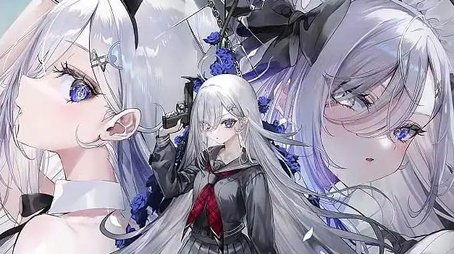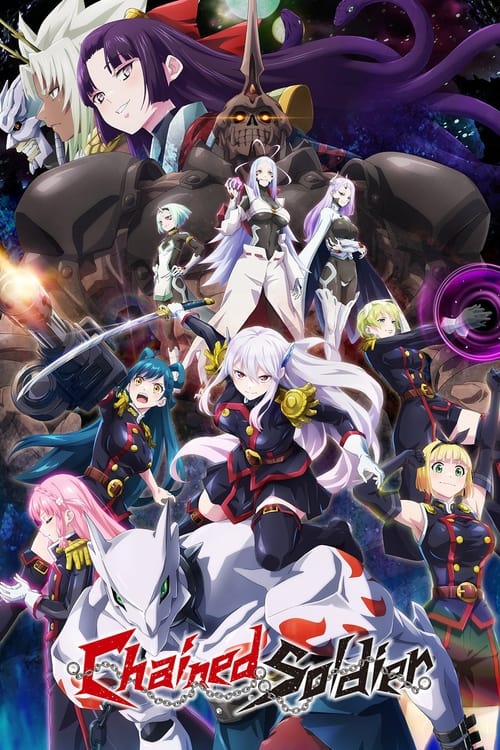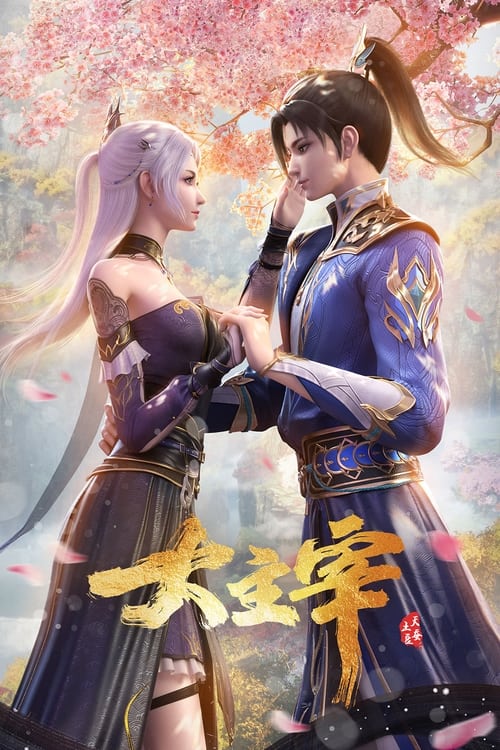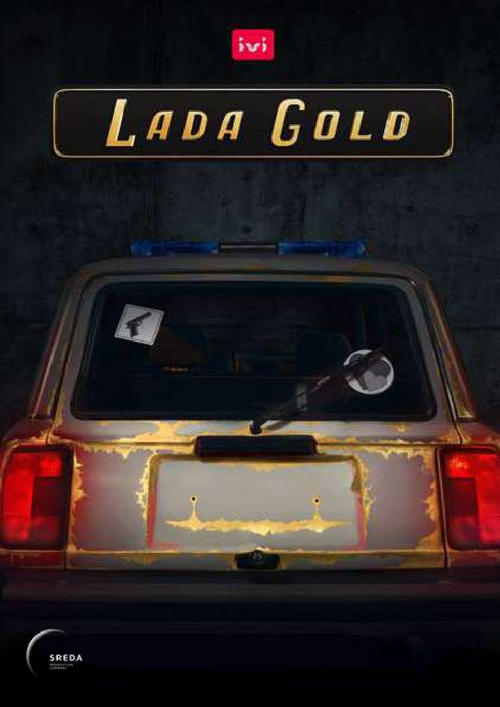
Ask Your Own Question
What is the plot?
In the opening scene of "Elizaveta," we are introduced to the titular character, Elizaveta, a young woman living in a small, picturesque village. The camera pans over the vibrant landscape, capturing the essence of her idyllic life. Elizaveta is seen tending to her family's garden, her face glowing with the warmth of the sun. However, her serene existence is disrupted when a mysterious stranger arrives in the village, sparking curiosity and unease among the townsfolk.
As the stranger, a rugged man named Alexei, interacts with the villagers, Elizaveta feels an inexplicable pull towards him. Their first encounter occurs at the local market, where Alexei is purchasing supplies. Elizaveta, intrigued by his presence, accidentally drops a basket of apples, leading to a moment of shared laughter. This brief interaction ignites a spark of attraction between them, setting the stage for their complicated relationship.
In the following scenes, Elizaveta learns that Alexei is on a quest to find a lost artifact believed to be hidden in the village. The artifact, a family heirloom, is said to hold great power. Elizaveta's curiosity about Alexei deepens, and she decides to help him in his search, despite warnings from her protective father, who disapproves of outsiders. This decision marks a turning point for Elizaveta, as she begins to step out of her sheltered life.
As Elizaveta and Alexei delve deeper into the village's history, they uncover clues that lead them to an ancient, abandoned church on the outskirts of town. The atmosphere is tense as they explore the dark, crumbling structure, filled with cobwebs and echoes of the past. Inside, they discover a hidden chamber containing cryptic symbols and a map that points to the location of the artifact. Their excitement is palpable, but so is the danger, as they realize they are not the only ones searching for it.
The plot thickens when a rival group, led by a cunning antagonist named Viktor, learns of Elizaveta and Alexei's quest. Viktor is determined to obtain the artifact for his own nefarious purposes. In a tense confrontation at the church, Viktor and his men ambush Elizaveta and Alexei. A fight ensues, with Elizaveta displaying unexpected bravery as she defends Alexei. They manage to escape, but not without sustaining injuries, which deepens their bond and reveals Elizaveta's growing strength and resilience.
As they continue their journey, Elizaveta grapples with her feelings for Alexei, torn between her loyalty to her family and her desire for adventure. Their relationship evolves, filled with moments of tenderness and vulnerability. They share stories of their pasts, revealing their fears and dreams, which brings them closer together. However, the looming threat of Viktor and his gang hangs over them, creating a sense of urgency.
In a pivotal moment, Elizaveta discovers that the artifact is not just a relic but a key to a hidden power that could change the fate of their village. This revelation forces her to confront her own identity and the legacy of her family. She realizes that she must take a stand against Viktor, not only to protect the artifact but also to safeguard her home and loved ones.
The climax of the season occurs during a dramatic showdown at the village's annual festival. Viktor and his men launch an attack, seeking to seize the artifact during the chaos. Elizaveta, now fully embracing her role as a protector, rallies the villagers to defend their home. A fierce battle ensues, with Elizaveta and Alexei fighting side by side. The scene is filled with intense action, showcasing Elizaveta's growth as she leads her community against the invaders.
In the heat of the battle, Elizaveta confronts Viktor directly. Their confrontation is charged with emotion, as she stands firm against his threats. With a clever strategy, she manages to outsmart him, using the knowledge she gained during their quest to turn the tide in her favor. The villagers, inspired by her courage, join in the fight, ultimately overpowering Viktor and his gang.
As the dust settles, Elizaveta and Alexei stand together, victorious but aware of the challenges that lie ahead. The artifact is secured, and Elizaveta's relationship with her father is mended as he recognizes her strength and determination. The season concludes with Elizaveta looking out over her village, a newfound sense of purpose in her heart, ready to embrace whatever adventures await her in the future.
What is the ending?
In the ending of "Elizaveta," season 1, Elizaveta confronts her past and the choices she has made. The season culminates in a dramatic showdown between her and the antagonist, leading to a resolution that forces Elizaveta to redefine her identity and relationships. The fates of the main characters are intertwined with this confrontation, resulting in both loss and newfound strength.
As the final episode unfolds, the tension builds in a series of pivotal scenes.
The first scene opens in a dimly lit warehouse, where Elizaveta stands alone, her heart racing as she prepares for the confrontation she has long avoided. The air is thick with anticipation, and the shadows seem to echo her internal struggle. She reflects on her journey, the sacrifices she has made, and the people she has hurt along the way. Her determination is palpable; she knows this moment will define her future.
In the next scene, the antagonist, Viktor, enters the warehouse, flanked by his loyal followers. His presence is imposing, and the atmosphere crackles with hostility. Elizaveta's resolve wavers for a moment as she recalls the pain he has caused her and her loved ones. However, she steels herself, remembering the strength she has gained from her allies and her own resilience.
The confrontation escalates quickly. Viktor taunts Elizaveta, attempting to undermine her confidence. He reveals secrets about her past, aiming to destabilize her emotionally. Elizaveta, however, counters his attacks with newfound clarity, articulating her journey and the mistakes she has made. The dialogue is charged, revealing the depth of their conflict and the stakes involved.
As the argument reaches a fever pitch, Elizaveta makes a bold move. She confronts Viktor not just with words but with action, showcasing her growth and the skills she has honed throughout the season. The physicality of the scene is intense, with a choreographed struggle that symbolizes her fight for autonomy and justice. The warehouse becomes a battleground, not just for their physical confrontation but for the very essence of Elizaveta's identity.
In the climax, Elizaveta gains the upper hand, but not without cost. She is injured in the struggle, a physical manifestation of her emotional scars. As she stands over Viktor, she faces a choice: to exact revenge or to walk away, breaking the cycle of violence. In a moment of clarity, she chooses the latter, symbolizing her growth and the desire to forge a new path.
The final scenes depict the aftermath of the confrontation. Elizaveta, though battered, emerges with a sense of purpose. She reconciles with her closest allies, including her childhood friend, Anna, who has been a steadfast supporter throughout her journey. Their reunion is emotional, filled with tears and laughter, as they embrace the possibility of healing and rebuilding their lives.
Meanwhile, Viktor is left defeated, his followers scattering in the wake of his loss. His fate serves as a cautionary tale about the consequences of unchecked ambition and cruelty. The warehouse, once a site of conflict, transforms into a symbol of Elizaveta's liberation.
In the closing moments, Elizaveta stands outside the warehouse, the dawn breaking on the horizon. The light symbolizes hope and new beginnings. She takes a deep breath, feeling the weight of her past lift as she steps forward into an uncertain but promising future. The season ends on a note of resilience, emphasizing the themes of redemption, the power of choice, and the importance of community in overcoming adversity.
Is there a post-credit scene?
In the show "Elizaveta," season 1, there is indeed a post-credit scene that adds an intriguing layer to the narrative.
As the credits roll, the screen fades to black before transitioning to a dimly lit room filled with shadows. The camera slowly pans across the space, revealing a large, ornate mirror that reflects the flickering light of a single candle. The atmosphere is thick with tension, and a sense of foreboding hangs in the air.
Suddenly, a figure steps into the frame, partially obscured by the darkness. It is Elizaveta, her expression a mix of determination and vulnerability. She gazes into the mirror, her fingers tracing the intricate designs etched into its surface. The reflection shows not just her image but also fleeting glimpses of past moments--her struggles, her triumphs, and the faces of those she has lost along the way.
As she stares deeper into the mirror, a whispering voice echoes in the room, hinting at secrets yet to be uncovered. The voice speaks of choices and consequences, urging Elizaveta to confront her past and the shadows that loom over her future. The tension builds as the camera zooms in on her eyes, which reflect a flicker of fear but also a fierce resolve.
The scene ends abruptly as the candle flickers out, plunging the room into darkness, leaving viewers with a sense of anticipation and the feeling that Elizaveta's journey is far from over. This post-credit moment encapsulates the themes of self-discovery and the haunting nature of one's past, setting the stage for the challenges that lie ahead in the subsequent season.
What motivates Elizaveta to pursue her dreams despite the obstacles she faces?
Elizaveta is driven by a deep desire to prove herself in a world that often underestimates her capabilities. Her passion for art and her longing for acceptance fuel her determination to overcome societal expectations and personal insecurities.
How does Elizaveta's relationship with her family influence her decisions throughout the season?
Elizaveta's relationship with her family is complex; her parents have high expectations for her, which creates tension. This pressure often leads her to question her own desires, but ultimately, she seeks their approval while also striving to carve out her own identity.
What role does the character of Dmitry play in Elizaveta's journey?
Dmitry serves as both a mentor and a romantic interest for Elizaveta. His encouragement and belief in her talent help her gain confidence, but their relationship also introduces emotional conflict as Elizaveta grapples with her feelings for him and her ambitions.
What challenges does Elizaveta face in her artistic career, and how does she overcome them?
Elizaveta faces numerous challenges, including harsh criticism from art critics and the struggle to find her unique voice. She overcomes these obstacles by embracing her vulnerabilities and using them as inspiration for her work, ultimately leading to her growth as an artist.
How does the setting of the city influence the narrative and Elizaveta's character development?
The vibrant yet competitive city serves as a backdrop that reflects Elizaveta's internal struggles. The bustling art scene both inspires her and heightens her anxiety, pushing her to confront her fears and ultimately shaping her artistic journey.
Is this family friendly?
"Elizaveta," season 1, produced in 2022, contains several themes and scenes that may be considered objectionable or upsetting for children or sensitive viewers. Here are some aspects to be aware of:
-
Emotional Turmoil: The show delves into complex family dynamics, including themes of betrayal, loss, and emotional conflict, which may be intense for younger audiences.
-
Conflict and Tension: There are scenes of heated arguments and confrontations between characters that may be distressing, showcasing the darker sides of relationships.
-
Depictions of Grief: The narrative includes moments of mourning and sadness, as characters deal with the loss of loved ones, which could be upsetting for sensitive viewers.
-
Mature Themes: The show explores themes of identity, societal expectations, and personal struggles that may be difficult for younger viewers to fully comprehend.
-
Visuals of Distress: Some scenes may include visual representations of distress or emotional breakdowns, which could be unsettling.
-
Romantic Tensions: There are elements of romantic relationships that may include jealousy or heartbreak, which could be inappropriate for younger audiences.
Overall, while "Elizaveta" offers rich storytelling and character development, its emotional depth and mature themes may not be suitable for all children or sensitive viewers.

